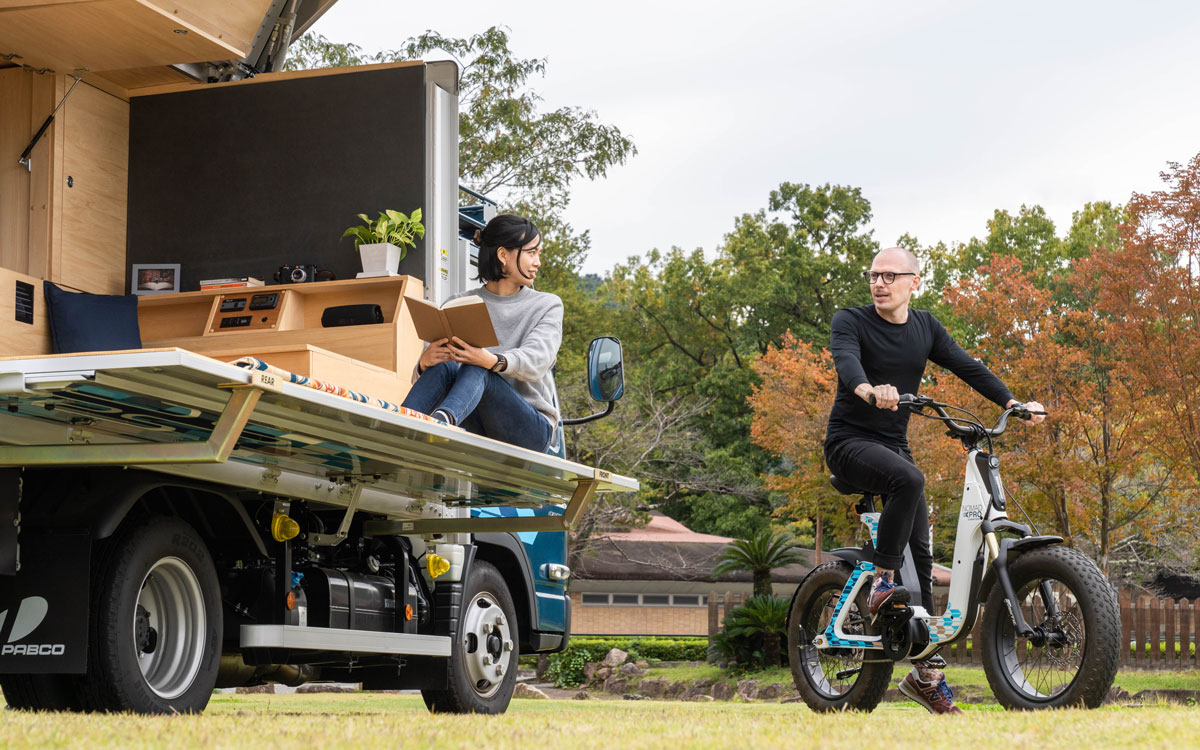
The swift spread of COVID-19 rocked the foundations of traditional workplace culture, forcing many organizations to close their offices and implement new work-from-home (WFH) strategies, setting in motion a cultural sea change that has redefined working styles for the foreseeable future.
Although WFH culture has many benefits, emerging trends suggest that prolonged remote work can impact both physical and mental health. Increased time cooped up at home due to work commitments and social unease felt when going out in public has led to inadequate exercise and poor dietary choices for many. This new workstyle can also blur the boundaries between work and home, leading to feelings of claustrophobia, stress and mental fatigue.
















